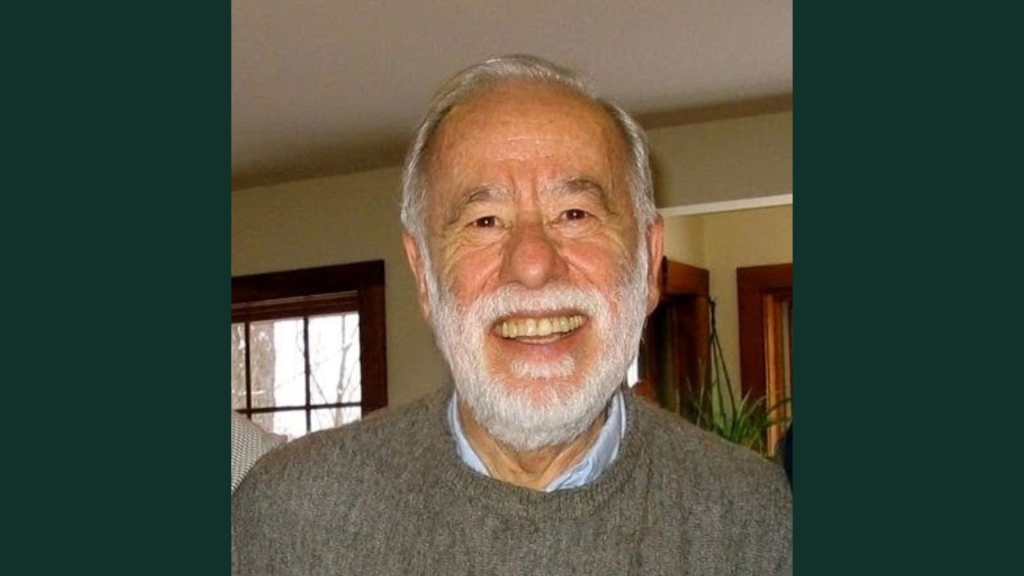Martin Arkowitz, professor emeritus of mathematics, died on June 13 at the age of 90.
“Over the course of nearly five decades at Dartmouth, Martin inspired students and colleagues alike with his passion for mathematics, intellectual rigor, and generosity of spirit,” Dean Elizabeth F. Smith said in a message to faculty. “A beloved mentor to generations of students and a prolific scholar, he leaves a lasting legacy on campus and far beyond.”
Arkowitz joined the Dartmouth faculty in 1964 as an assistant professor and rose to the rank of professor in 1971. A 1956 graduate of Columbia University, he received his PhD from Cornell in 1960.
At Dartmouth, Arkowitz taught courses ranging from first-year calculus to advanced graduate courses, and he served as the principal advisor to many PhD students. He served as chair of the Department of Mathematics from 1981 to 1984, and also chaired the Department of Computer Science during the 1983-84 academic year.
Arkowitz’s specialty was algebraic topology, the study of the shape of objects in various dimensions.
“A running joke amongst mathematicians is that a topologist is a mathematician that can’t tell the difference between a donut and a coffee cup,” Dana Williams, the Benjamin P. Cheney Professor of Mathematics once explained. “The idea is that it is the hole in the handle or the middle of the donut that is important.”
Among his many contributions to mathematics, Arkowitz is remembered for the development of the concept of the co-H-space and for his work on the structure of maps between topological spaces. His 1971 monograph, Introduction to Homotopy Theory, became a foundational text for students entering the field.
Over the course of his career, Arkowitz published extensively in leading mathematical journals, with a body of work that advanced the understanding of fundamental topological structures. His scholarship was marked by clarity, precision, and a deep appreciation for both abstract theory and its broader mathematical implications.
Arkowitz also served as editor of the journal Topology and its Applications and was known for his expository writing that bridged technical depth and accessibility. His article “What’s an Operation?” remains a widely cited resource for those exploring the underpinnings of algebraic topology.
Arkowitz held a number of visiting university positions including at ETH Zurich, the University of California at Irvine, Oxford, the University of California, Santa Barbara, and the University of Milan—which inspired him to ask his colleagues back in Hanover to call him “Martino.”
Beyond his academic accomplishments, Arkowitz was widely admired for his collegiality and his warm sense of humor. Colleagues remember him as a generous collaborator and an insightful teacher who challenged students to think deeply and creatively.
Arkowitz is survived by Eleanor, his wife for the last 68 years; his sons David, Robert, and Steven; his daughters-in-law Diane, Martine, and Tory; and his grandsons Greg, Jake, and Dylan.
The Dartmouth flag will be lowered in Arkowitz’s honor on Wednesday, July 9, and Thursday, July 10.
